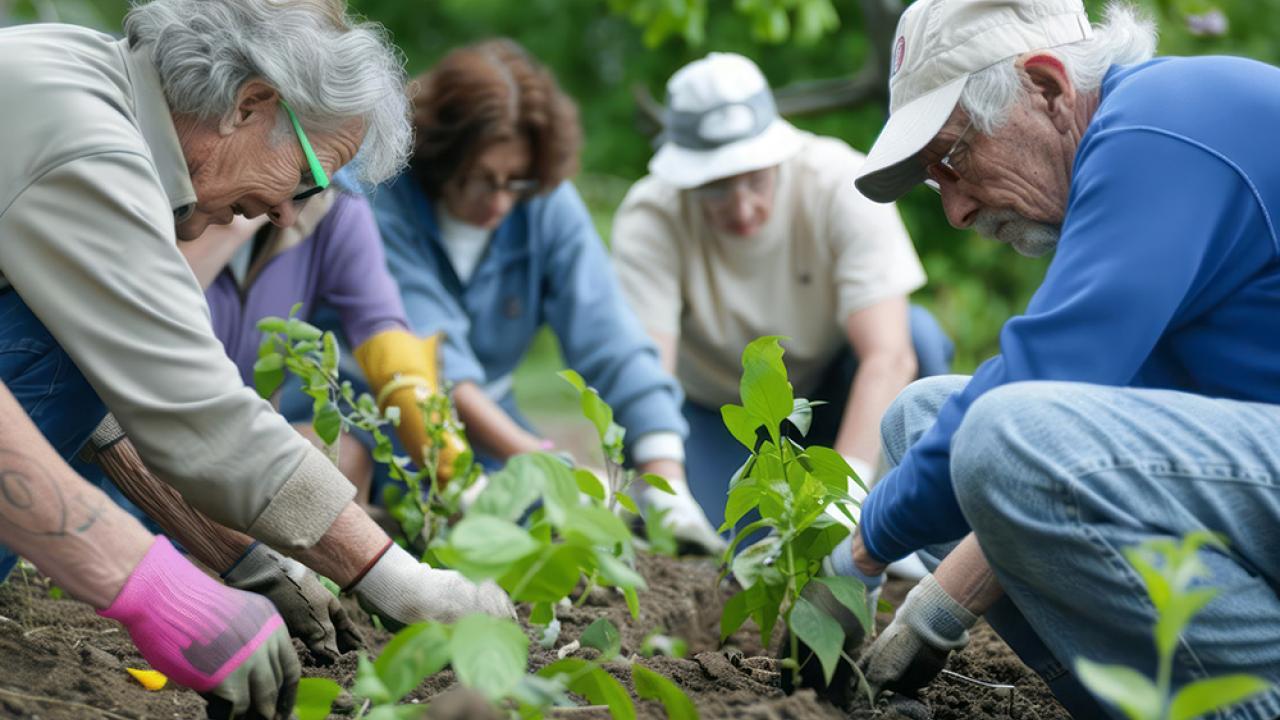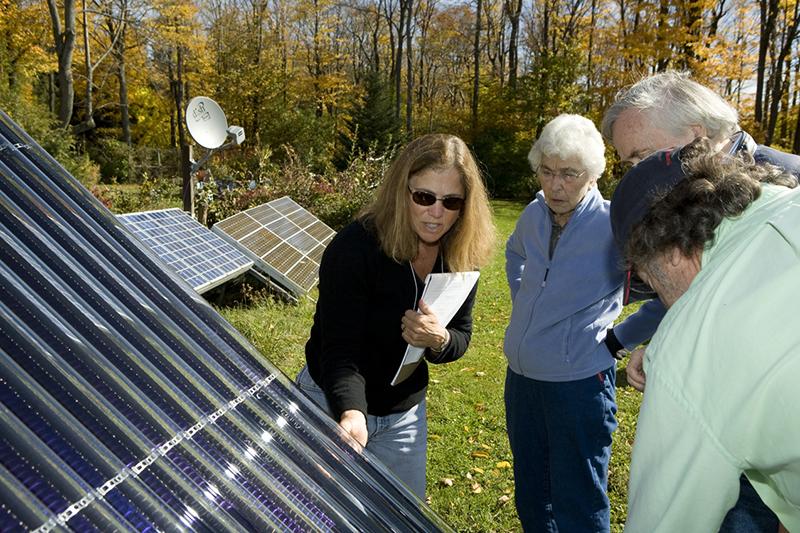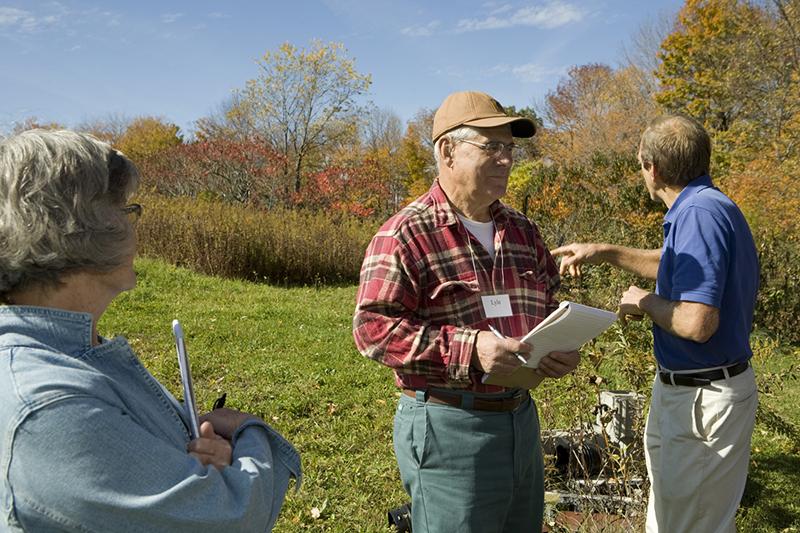Older Adults are Getting Involved with Climate Change

There’s no disputing the earth’s climate is warming. The eight warmest years in the historical record have occurred since 2014. As climate change accelerates, severe weather, natural disasters, compromised water quality, and air pollution threaten human health and safety.
At the same time, another social phenomenon is occurring: the global population is aging at an increasingly fast pace. By 2050, the number of people aged 60 and older will reach more than 2 billion—double what it is today. As these two trends intersect, clear evidence demonstrates that climate change poses the biggest threat to older adults.

Researchers from the Weill Cornell Medicine Division of Geriatrics and Palliative Medicine and gerontologists at Cornell’s Ithaca campus have launched a new initiative to investigate and address the intersection of these trends. The Cornell Initiative for Research on Climate and Aging (CIRCA) is working to protect the well-being of older adults in the face of climate-related challenges by leveraging interdisciplinary research, fostering collaborations, and translating findings into practical interventions.
“Clinicians have long known the older adults are vulnerable to climate change—every summer heralds a wave of heat stroke emergencies,” said Dr. Mark Lachs, co-director of CIRCA and the director of geriatrics of the New York-Presbyterian Health System. “This program widens that lens dramatically beyond the practice of medicine, examining the root causes of that vulnerability and novelly engaging older adults themselves to be part of an integrational solution.”
CIRCA unites researchers with policy makers and practitioners to address climate- and population-related challenges from biological, psychological and social perspectives.
CIRCA’s focus also moves beyond focusing on vulnerability to examine how older people contribute to climate change prevention and resilience. By building knowledge, creating community connections, and inspiring positive activism, CIRCA encourages older adults to get involved with climate change.
There is clear evidence that environmental volunteerism provides incredible benefits for older adults.
-Dr. Karl Pillemer

“Figuring out ways to move the baby boomers into taking action not only helps society, but protects the baby boomers themselves as they are the most vulnerable population,” said Karl Pillemer, co-director of CIRCA and the Hazel E. Reed Professor of Human Development at Cornell University. “On top of that, there is clear evidence that environmental volunteerism provides incredible benefits for older adults. It’s not that very often we find a true win-win situation, and this is clearly one of them.”
Currently, CIRCA is conducting focus groups with older adults across New York City and rural New York State to explore how older adults perceive and are impacted by extreme weather.
CIRCA has also partnered with LiveOn NY and the New York Academy of Medicine to form The New York Climate and Aging Action Network (NY-CAAN)—a growing advocacy group dedicated to addressing the urgent challenges climate change poses to older adults. NY-CAAN seeks to bridge research, policy, and practice to advance climate resilience and equitable support systems for aging populations.
You can learn more about CIRCA—including exploring the latest research and discovering how you can make a difference—at https://climateaging.bctr.cornell.edu/.
Also, follow CIRCA on:
For updates from the WCM Division of Geriatrics and Palliative Medicine:
- Subscribe to our email newsletter
- Follow @WCMGeriPal on Twitter/X
